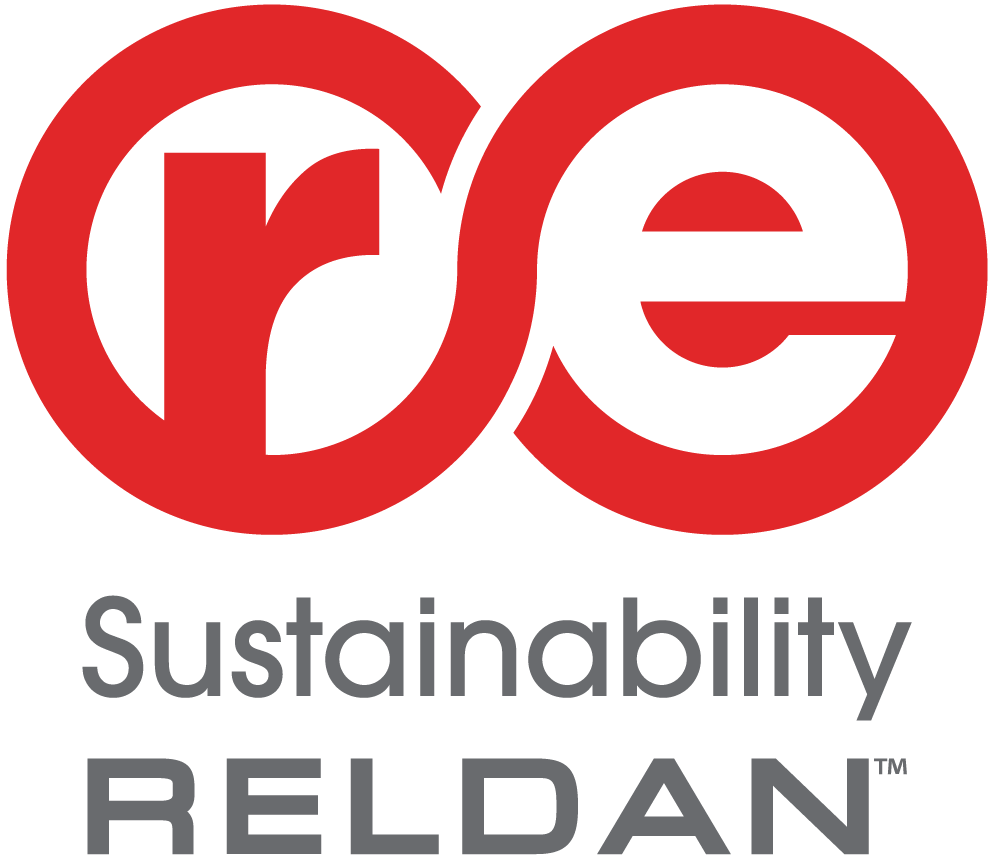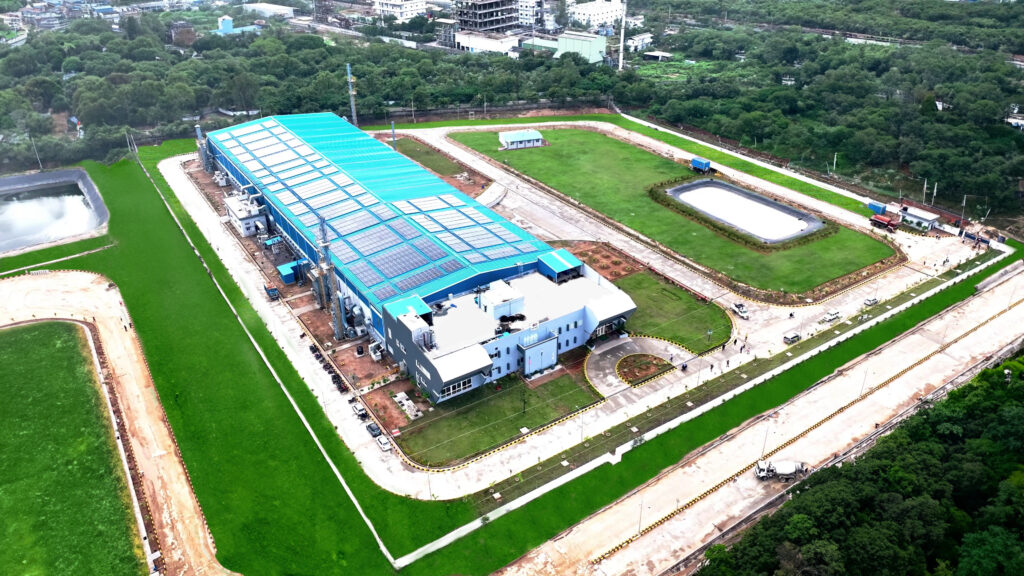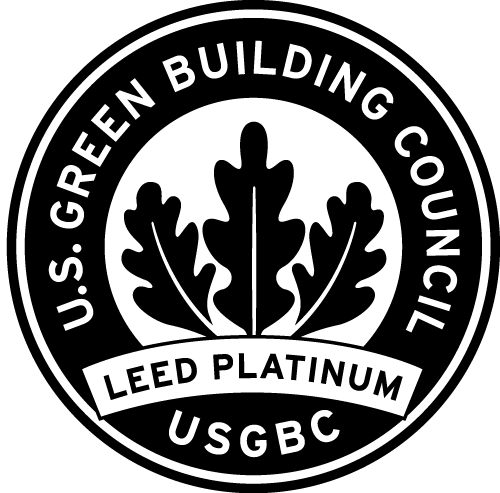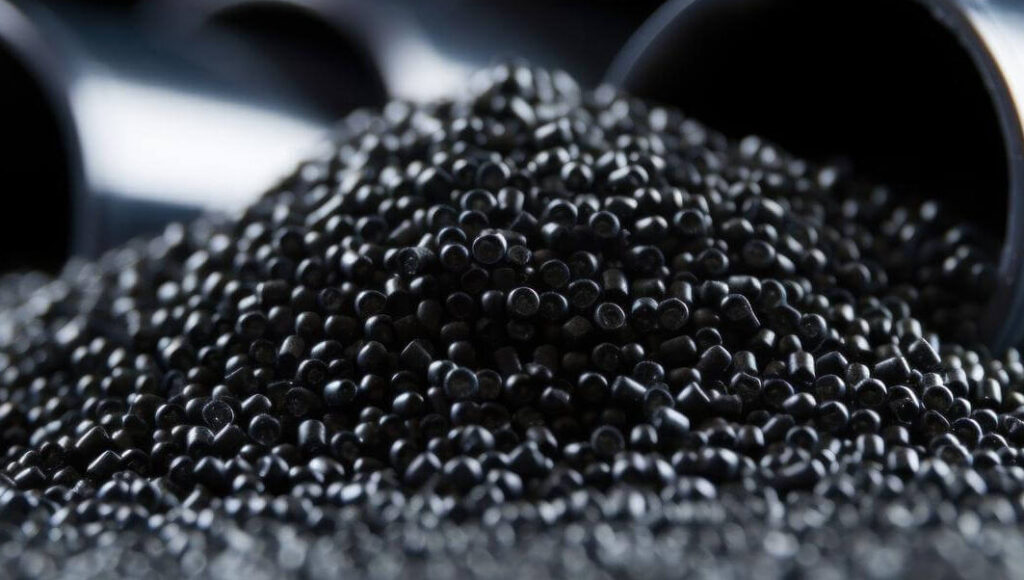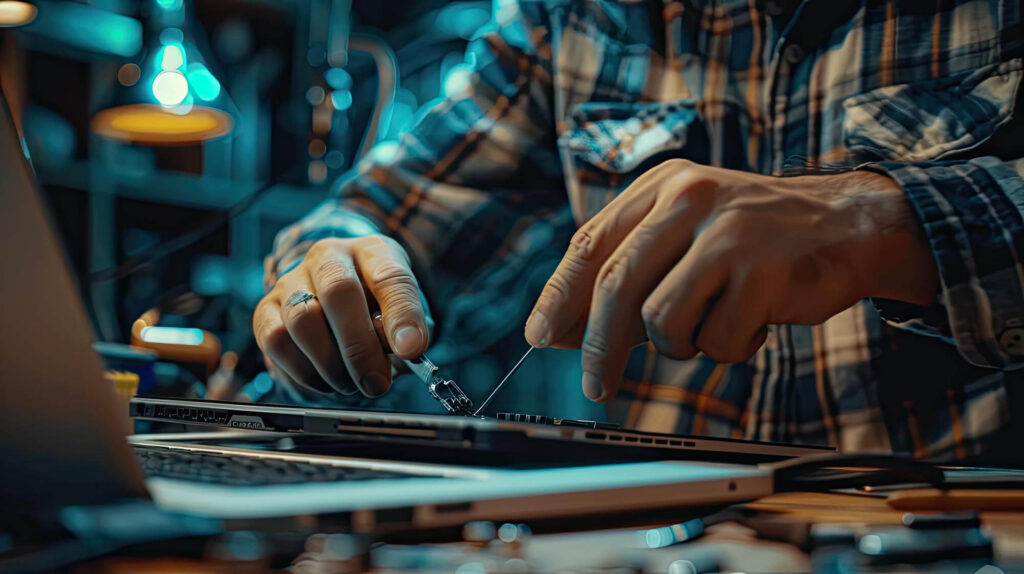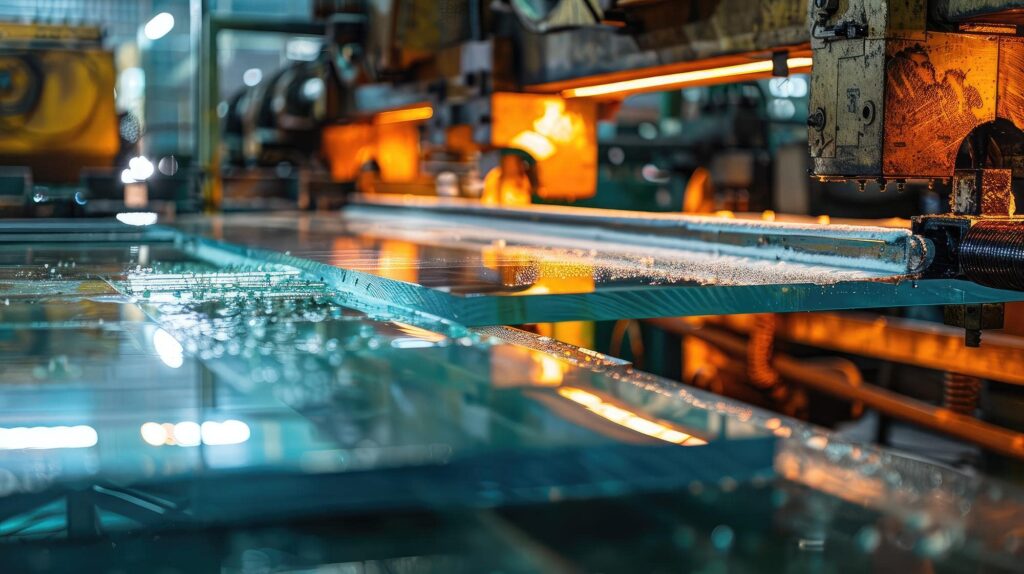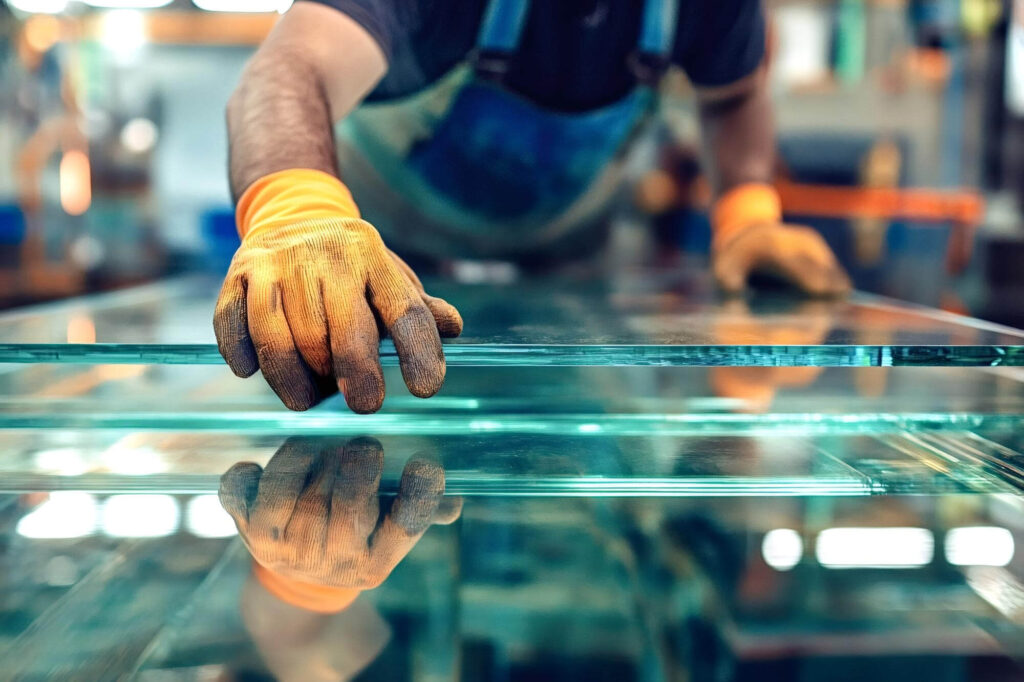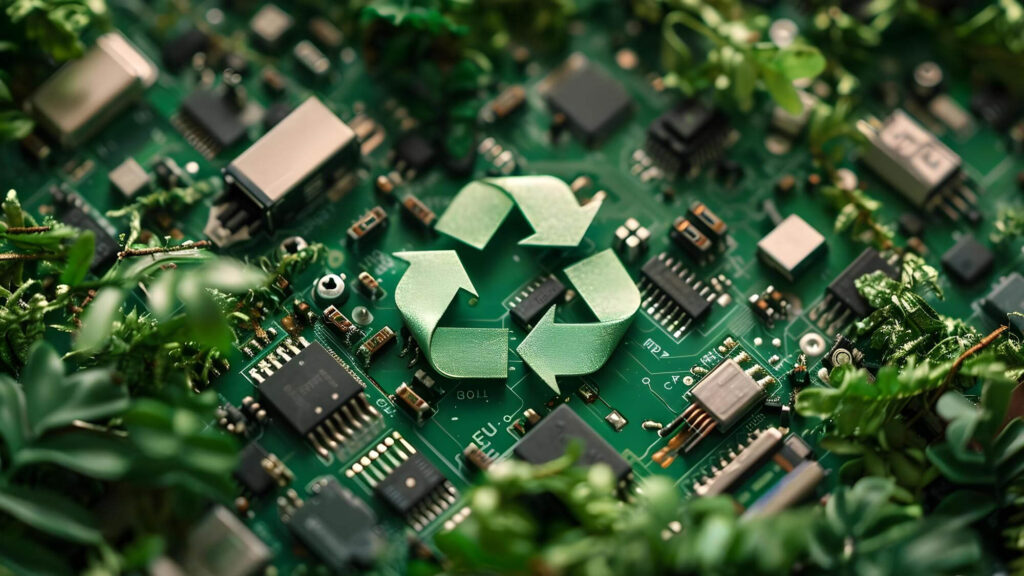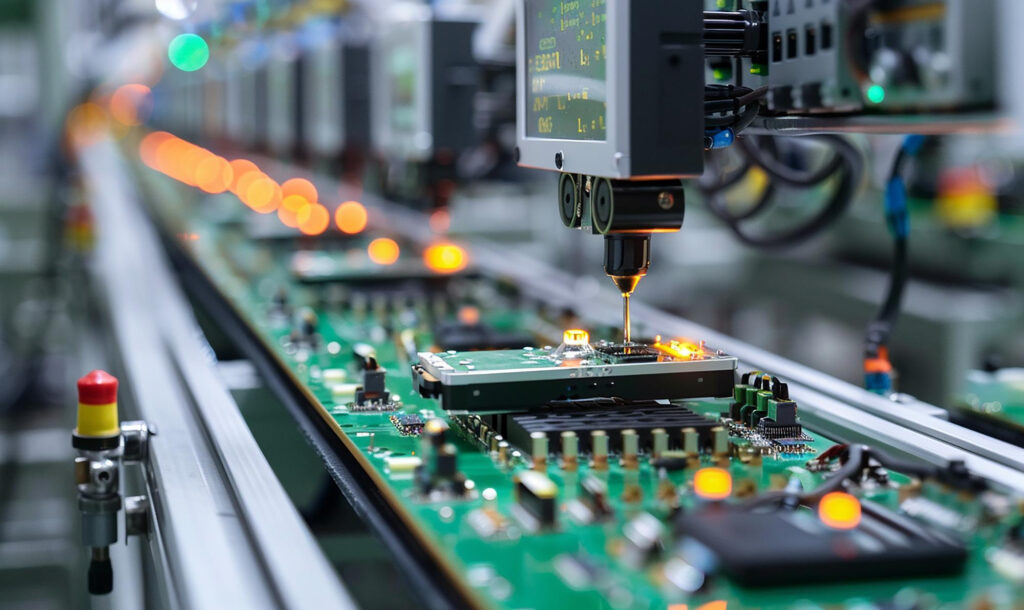- HOME
- SOLUTIONS
- JEWELRY METAL RECOVERY
- EXTENDED PRODUCER RESPONSIBILITY (EPR)
- PRECIOUS METAL REFINING FOR PLATING & ELECTRONICS
- ELECTROWINNING FOR PRECIOUS METAL RECOVERY
- SPECIALISED RECOVERY & REFINING SOLUTIONS FOR THE GLASS MANUFACTURING INDUSTRY
- PRECIOUS METAL RECOVERY SOLUTIONS FOR THE PHARMACEUTICAL INDUSTRY
- REFURBISHING
- ITAD SOLUTIONS
- SUSTAINABILITY
- CERTIFICATIONS
- ABOUT
- NEWS
- INVESTORS
- BLOG
- HOME
- SOLUTIONS
- JEWELRY METAL RECOVERY
- EXTENDED PRODUCER RESPONSIBILITY (EPR)
- PRECIOUS METAL REFINING FOR PLATING & ELECTRONICS
- ELECTROWINNING FOR PRECIOUS METAL RECOVERY
- SPECIALISED RECOVERY & REFINING SOLUTIONS FOR THE GLASS MANUFACTURING INDUSTRY
- PRECIOUS METAL RECOVERY SOLUTIONS FOR THE PHARMACEUTICAL INDUSTRY
- REFURBISHING
- ITAD SOLUTIONS
- SUSTAINABILITY
- CERTIFICATIONS
- ABOUT
- NEWS
- INVESTORS
- BLOG
- HOME
- SOLUTIONS
- JEWELRY METAL RECOVERY
- EXTENDED PRODUCER RESPONSIBILITY (EPR)
- PRECIOUS METAL REFINING FOR PLATING & ELECTRONICS
- ELECTROWINNING FOR PRECIOUS METAL RECOVERY
- SPECIALISED RECOVERY & REFINING SOLUTIONS FOR THE GLASS MANUFACTURING INDUSTRY
- PRECIOUS METAL RECOVERY SOLUTIONS FOR THE PHARMACEUTICAL INDUSTRY
- REFURBISHING
- ITAD SOLUTIONS
- SUSTAINABILITY
- CERTIFICATIONS
- ABOUT
- NEWS
- INVESTORS
- BLOG
